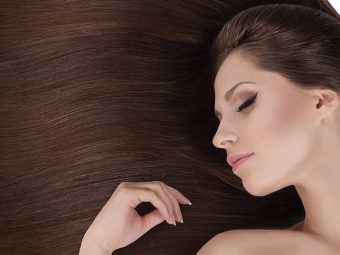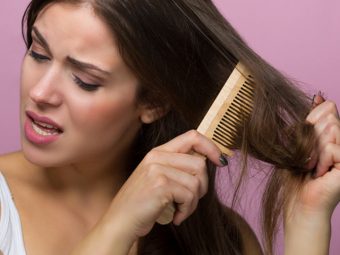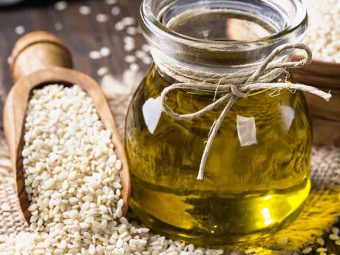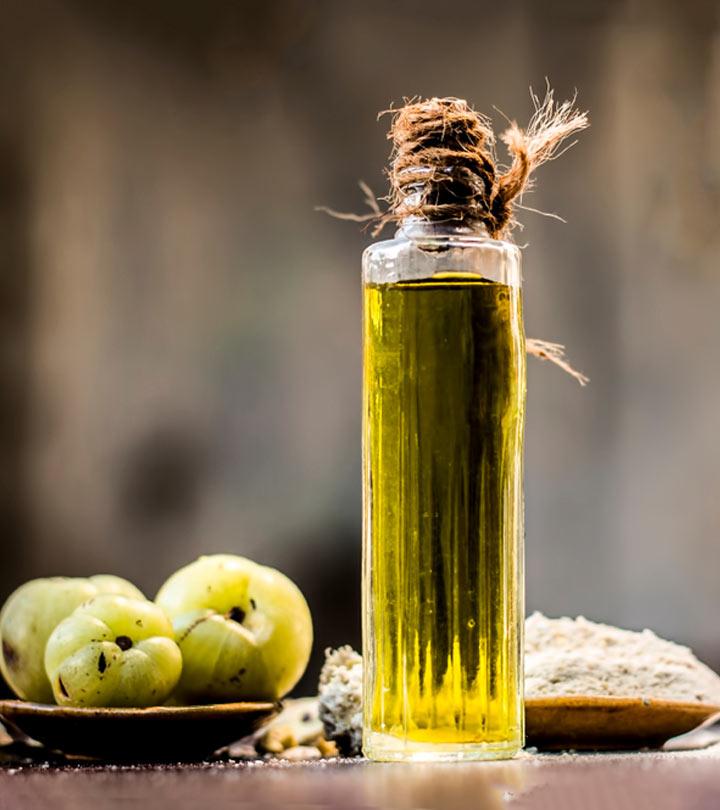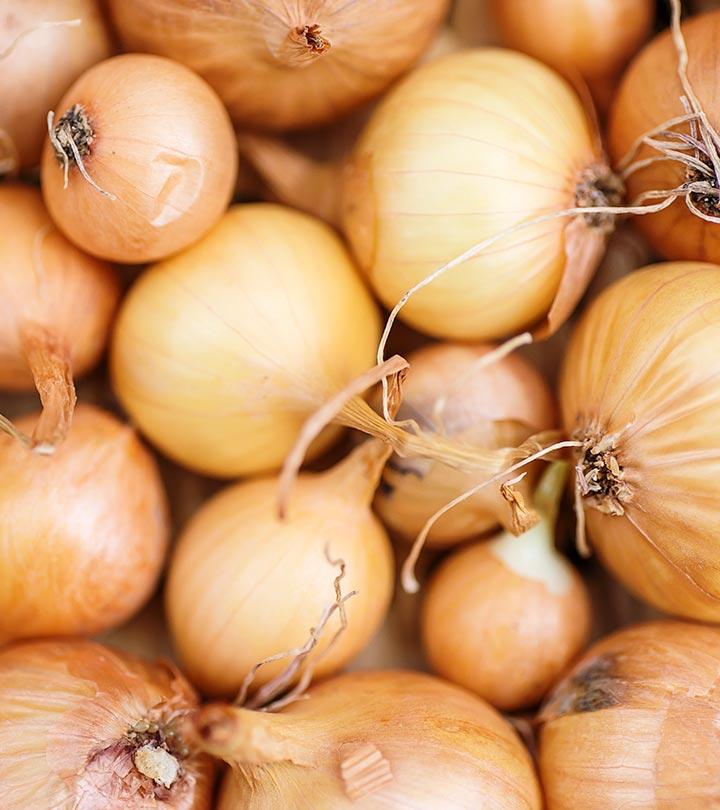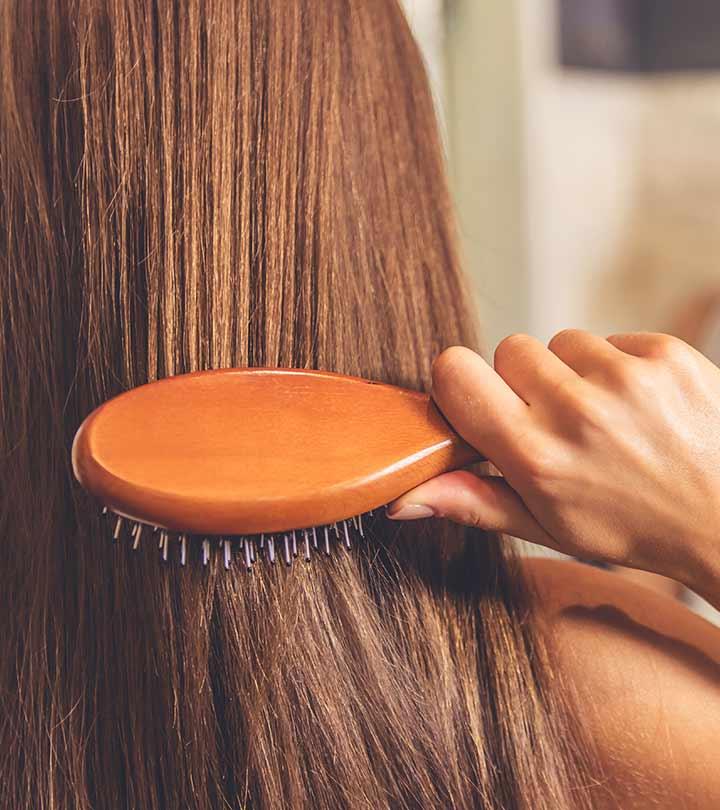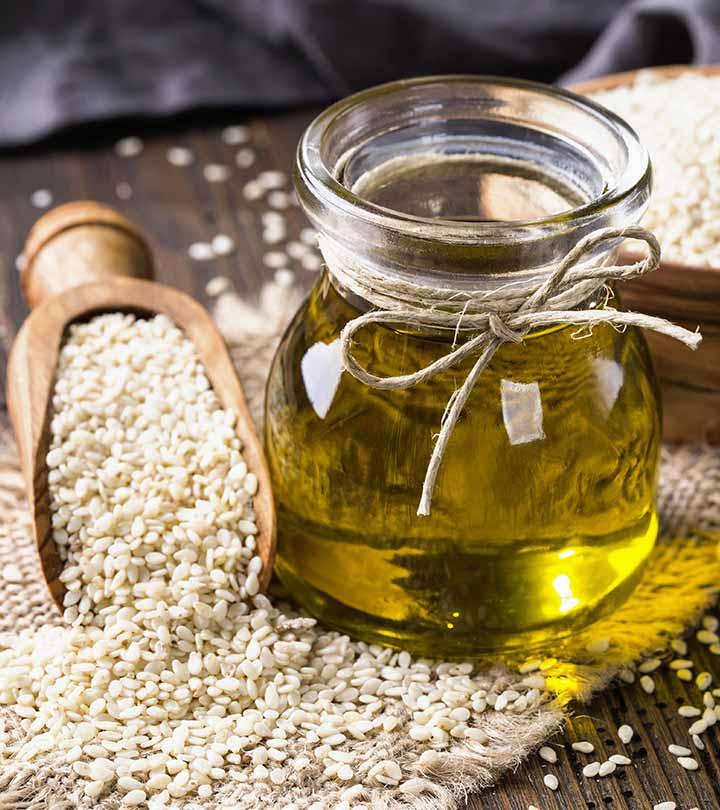How To Care For Your Hair In Monsoon
Enjoy frizz-free, healthy hair during the rainy season with our expert hair care tips.

Image: ShutterStock
The exhilarating smell of wet earth lets us know that the rainy season has arrived. But, the season also brings its set of hair issues, so we can all do with some expert monsoon hair care tips. A planned hair care regimen and the right products can improve your hair health and keep those pesky rainy-day worries at bay. After all, your hair needs special care this time of the year.
While most women crib about dull and frizzy hair. Hair fall and dandruff become a regular issue at this time of the year. To combat these, a simple hair care routine is all you need. But you must know the dos and don’ts to minimize further damage, agreed? From using hair sprays for rainy weather to different home remedies, there is a lot that you can do to rock perfect hair in the showery season. So, here are some simple hair care tips to try at home in monsoons.
In This Article
Hair Problems In Monsoon
The high humidity in monsoon seasons can lead to multiple hair problems as hair is hygroscopic, which means it absorbs moisture from the air (1). This leads to over-moisturizing, which can lead to fungal infections, scalp inflammation, and excessive sebum production.
Seasonal changes also give rise to viral infections that weaken the immune system and may cause stress. These factors also heavily impact hair health. Not to forget, there also remains the risk of your hair remaining in a constantly damp or wet state due to humidity, which can weaken hair bonds. Needless to say, your hair needs some extra TLC during monsoons.
Keep reading to learn more about how you can maintain the overall health of your hair during the rainy season.
Hair Care Regimen For Monsoons
High humidity often accompanies the rains. This means your scalp may get oily frequently, cutting away the natural moisture supply to your hair and making it dehydrated and frizzy. This can make your tresses dry and brittle, leading to hair fall in the rainy season. The most basic monsoon hair care tips involve proper cleansing and nourishment for your hair and scalp to ensure they remain healthy despite the harsh weather. Let’s see how we can incorporate such practices into our regular hair care routine.
1. Conditioner Is A Must After Shampoo
During the monsoons, your mane stays humid all the time, especially if you have curls. Regular use of shampoo and conditioner is the best way to control this. Shampoos remove excess oil and dirt from the scalp and hair, while conditioners reduce static electricity and make the hair easier to manage (2). It is best advised to use anti-frizz hair products for the monsoon season like a frizz-control shampoo and conditioner. Try Toni and Guy Frizz Smoothing shampoo and conditioner (it is always better to use hair products from the same range for best results). Additionally, use a good hair detangler for the monsoon season as humid hair tends to get messy, leading to hair fall.
 Quick Tip
Quick Tip2. Hair Serum For Lustrous, Frizz-Free Hair
Using a moisturizing hair serum for monsoon helps control frizz, flyaways, and adds shine to hair.
Hair serums control frizz, flyaways and add shine to hair. In short, it makes your hair way more manageable. It is important toa use lightweight formulas as part of hair care in the monsoon to prevent your hair from weighing down. You can try Garnier Fructis Smoothing Serum-Silky Straight for satisfying results. However, if used every day or too often without clarifying your hair once per week, it will build up on your hair, leaving it sticky. Pick a serum based on your hair type. Note that hair serums for curly hair differ from those for straight hair. Using them interchangeably can worsen hair fall in the monsoon.
Gadriann Dsouza, a YouTuber, shares her tips to keep hair frizz-free during monsoon. She shared that she regularly oils her hair with heated coconut oil and uses serum to repair damaged hair. She states, “The serum helps repair hair damage, keeps my hair frizz-free, and leaves my hair feeling stronger after regular usage, so I really enjoy using this especially for the monsoons (i).”
3. Hair Masks For Nourishment
Due to humidity and frequent washing, our hair tends to lose its vital nutrients. Hair masks come to the rescue in such situations. A study claims that vegetable protein hair masks can improve hair strength and smoothness and repair damage (3). You may also try using monsoon hair creams and conditioning masks available on the market for extra nourishment.
You can also prepare homemade nourishing hair masks for best results. Clueless? Fret not, here’s some help.
How To Prepare A Hair Mask At Home?
- Mash half or full banana (depending on your hair length).
- Add one tablespoon honey and one teaspoon almond oil
- Mix all ingredients well.
- Apply the mask to your hair shafts and leave it on for half an hour.
- Wrap a moist hot towel around the hair for nutrients to penetrate deeper.
- Wash your hair well using a good shampoo for humid weather, followed by any of the leave-in conditioners for rainy season.
Note: A cleaner way to use a banana for preparing a hair mask for monsoon is to boil and strain it. The nutrients come out into the water, and it is less messy to wash out of the hair.
4. Hair Oils For Deep Conditioning
High levels of humidity can make your hair feel constantly damp and make it frizzy. This can also lead to excessive hair fall in the monsoon. Deep oil conditioning with coconut oil is a great remedy for tackling your hair problems (3). For good monsoon hair oil conditioning:
- Take coconut, olive oil, or any other oil you prefer
- Warm the oil a little
- Apply some warm oil to your hair and scalp
- Leave it on for an hour before taking a shower. This will ensure frizz-free hair even after you apply a moisturizing hair shampoo, so you may enjoy healthy-feeling hair without worrying about hair loss in the monsoon.
 Did You Know?
Did You Know?Tips For Stronger And Healthier Hair
- Always use a wide-toothed comb to untangle your hair. This will prevent split ends and breakage. This is particularly if you have wavy and curly hair. There are different types of hair detanglers for the monsoon season that you can choose from based on your curl type.
- Drink extra water to keep your hair well-hydrated and nourished. This will control hair fall and damage and encourage a healthy scalp.
- Use minimum heat-resistant hair styling products for monsoon. Also use a good quality hair mousse for the monsoon as it makes your tresses look less greasy. For intricate updos and to minimize frizz, use a protective glossy hair gel for monsoon.
- Use hair protectant spray for monsoon to keep your hair in place against humidity.
- You can try different types of smoothening and keratin treatments for monsoon season to minimize frizz.
- Add protein-rich foods like carrots, eggs, dairy products, and green vegetables to your diet. Proteins play a significant role in making your hair stronger (4).
- Take hair growth supplements such as hair vitamins for the monsoon to thick and long hair.
Infographic: Hair Care Routines For Monsoon
A lot goes into thought and practice to maintain good, lustrous, healthy-looking hair. But the rainy season might not be good for it as it may cause hair damage due to excessive humidity. During the monsoons, it is essential to follow a strict hair care regimen. Go through the infographic below for monsoon hair care suggestions to help with your hair problems during this season. Illustration: StyleCraze Design Team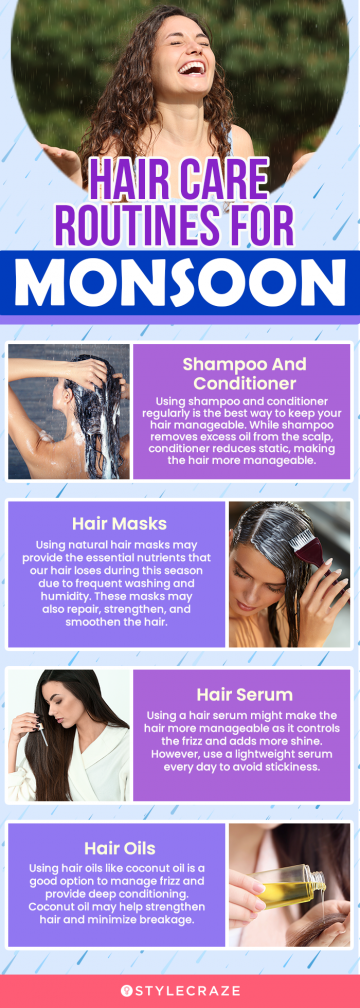
The monsoon season brings with it extra humidity and lots of hair fall. Following some simple monsoon hair care tips can reduce hair fall and add luster to your hair. Light hair serums and homemade hair masks are some of the best ways to keep your hair clean and moisturized. Add a hair spray to your regular hairstyling routine. Don’t forget to keep a hair cream handy to soothe unmanageable tresses. Use a wide-toothed comb to brush your hair, drink plenty of water, and eat protein-rich foods such as eggs, chicken, and fish to make your hair stronger, softer, smoother, and frizz-free during the rainy season.
Frequently Asked Questions
Should I wash my hair on rainy days?
Yes. Our hair attracts more dirt and dust during the rainy season and tends to become flat due to the humidity. So, washing your hair regularly and using a light conditioner is essential. You can tackle stubborn frizz with a leave-in conditioner for monsoon.
Does monsoon cause hair fall?
Yes. Humid weather during the monsoon season can make your scalp oily and dirty, making your hair fall. But keep your scalp hydrated with conditioner and oils. When your scalp becomes oily, it means that it is compensating for hydration since you might be washing more frequently because of the rain.
How many times should I wash my hair in the monsoon?
You may wash your hair every other day during the monsoon as it tends to become sticky and grimy due to the humidity.
Key Takeaways
- You can combat monsoon hair fall by regularly using shampoo and conditioner. The shampoo can remove excess oil and buildup from your hair and scalp. The conditioner helps reduce static electricity and makes your hair easy to manage.
- You should use hair serums in the monsoon to tame frizzy hair, flyaways and add extra shine to your hair.
- Hair masks can add back lost nutrients to your hair and make them stronger and smooth and repair hair damage.
- Deep oil conditioning with coconut oil is a great treatment for tackling your hair problems in the monsoon.
- Also, you should use a wide-toothed comb to brush your hair, drink plenty of water, and eat protein filled foods to make your hair stronger, softer, and smoother.

Image: Stable Diffusion/StyleCraze Design Team
Combat the challenges of monsoon season with these essential hair care tips. Check out this insightful video guide and discover how to keep your locks healthy, frizz-free, and well-nourished.
Personal Experience: Source
StyleCraze's articles are interwoven with authentic personal narratives that provide depth and resonance to our content. Below are the sources of the personal accounts referenced in this article.
i. Monsoon Haircare Routine for frizz-free, healthy and smooth hairhttps://www.youtube.com/watch?v=0_vh7iPvqoE
References
Articles on StyleCraze are backed by verified information from peer-reviewed and academic research papers, reputed organizations, research institutions, and medical associations to ensure accuracy and relevance. Read our editorial policy to learn more.
- Effect of humidity on photoinduced radicals in human hair
https://www.sciencedirect.com/science/article/abs/pii/S0891584918307238 - Shampoo and Conditioners: What a Dermatologist Should Know?
https://www.ncbi.nlm.nih.gov/pmc/articles/PMC4458934/ - Effect of mineral oil sunflower oil and coconut oil on prevention of hair damage
https://pubmed.ncbi.nlm.nih.gov/12715094/ - “Let Food be Thy Medicine”: Value of Nutritional Treatment for Hair Loss
https://www.ncbi.nlm.nih.gov/pmc/articles/PMC8647708/















